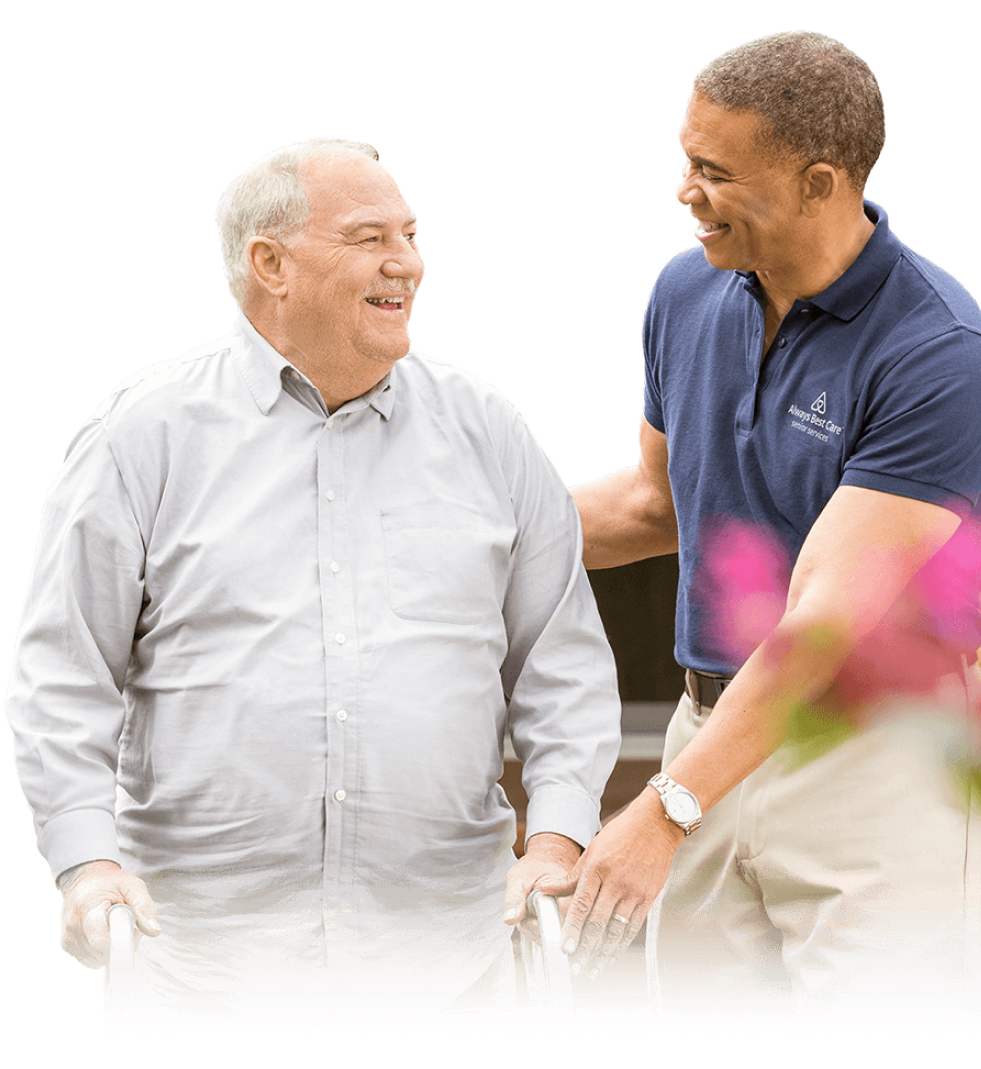CROMWELL — A scammer pretending to be associated with a well-known financial institution is inundating Connecticut residents with “too good to be true” loan offers.
In the past week, BBB Serving Connecticut has received nearly two dozen reports to its Scam Tracker about a business called “J Morgan.” In every instance, residents say a woman named Erica calls them trying to finalize a loan they never applied for. This advanced fee loan phishing scam often comes in the form of harassing phone calls and voicemails. While the message may sound convincing, it’s a ruse to steal your private information or money:
“Erica Hayes with J. Morgan underwriting. I’m calling about your loan request. I’m trying to get hold of you before end of the year, your file shows nearly approved for $60,000. If you’re still looking for a loan, please call 833-588-3812. Reference, this is Erica Hayes, with J. Morgan underwriting. I’m calling about your previous loan request. I’m trying to get hold of you before end of the year. Your file shows nearly approved for $60,000. If you are still looking for a personal loan, please call 833-588-3812 to speak with underwriting and ask to speak about your offer. You might remember applying with us in the past for a personal or consolidation loan. At the time, we couldn’t move forward, but that’s changed. Rates have come down and underwriting has opened up, especially for people with lower credit. Again, my direct line is 833-588-3812. When you call, mention your approval reference if you have one.”
Reports have come in from residents in all parts of the state including: Bristol, Middlebury, Old Lyme, Simsbury, Plymouth, New Haven, Sharon, Darien, Southport, Stamford, Newtown, Norwich and Granby.
No matter how much you need a loan, don’t overlook this big red flag: companies that allegedly “guarantee” loans without seeing your credit history are likely scams. These scammers charge upfront fees to lock in a loan. But once you hand over the payment, the “lender” vanishes along with your promised money. It is illegal for companies doing business by phone to promise a loan and require payment before they deliver.
Tips to spot this scam
Vague or unclear fees are charged before you get the money. There are often fees charged for loans: application fees, appraisals, credit report fees. A real lender will post those fees prominently and collect them from the money they are lending you, but a scam lender may try to collect them as a condition for you getting money. Any up-front fee you need to pay before getting the loan is a cue to walk away.
Avoid guarantees and unusual payment methods. Real lenders never guarantee a loan in advance. They will check your credit score and other documents before providing an interest rate and/or loan amount and will not ask you to pay an upfront fee. Unusual payment methods and payments to an individual are a big tip off.
Do your research. Scammers try to trick you by pretending to be from official or trustworthy institutions (including your current lender) or sounding like a known organization. Contact the agency directly to check the program is real.

 860-261-4405
860-261-4405




 Service Areas
Service Areas























